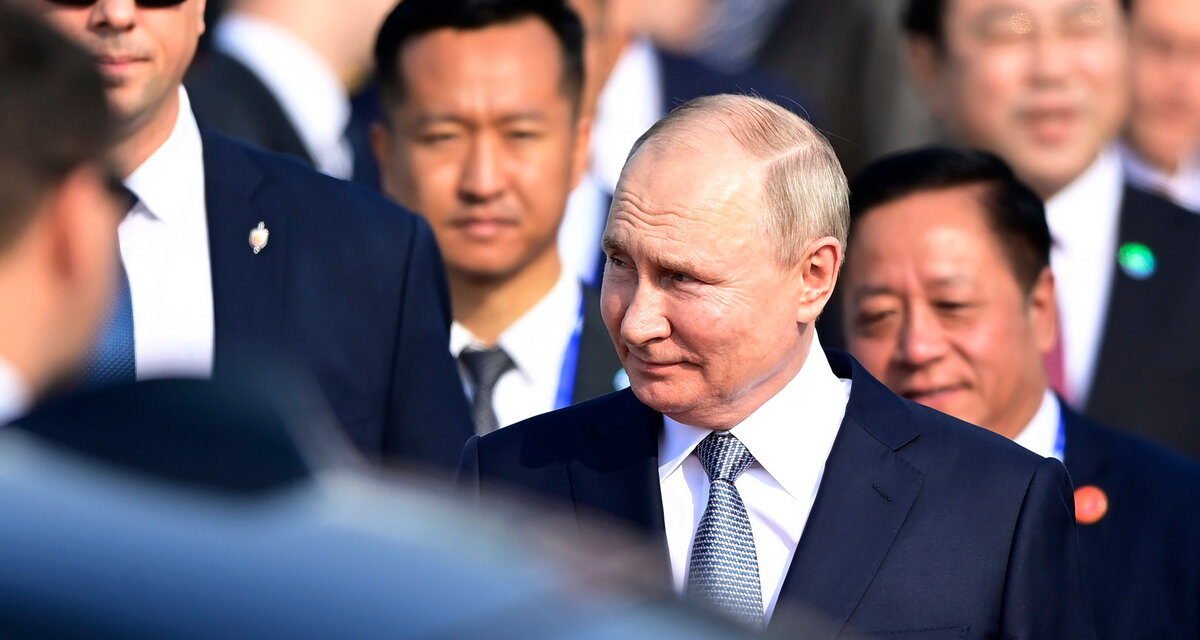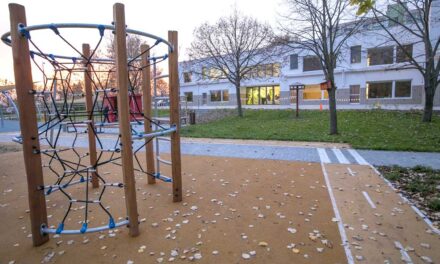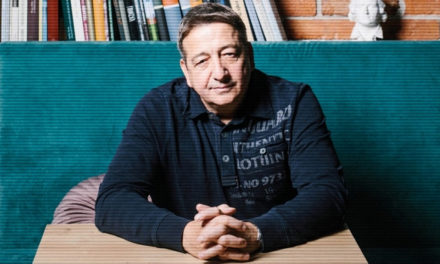There are two worlds. In one, the rules that are still alive in the other are slowly no longer important. We live in a transitional age that is very confusing. It is becoming more and more clear, which was also seen in the South Slavic cases, that The Hague is not omnipotent, and especially not above nations and interests. A good example of this is the visit of Russian President Vladimir Putin to China. This is the second known trip abroad for Putin and his entourage since the arrest warrant issued by the Hague-based International Criminal Court (ICC) in March, following a visit to Kyrgyzstan earlier this month. Gábor Stier, editor-in-chief of moszkvater.com, was asked questions by Pál Molnár, Présház .
- Mr. Editor-in-Chief, Putin was able to travel undisturbed in Beijing, and even gave speeches and held political meetings. To what extent does this help to clarify in European societies that the so-called "International Criminal Court", even though it has an official ringing name, is nothing more than a civil organization, ngo, which is stuffed with money by the cosmopolitan structure?
- Look, more and more we can talk about two worlds, a south pole and a north pole. The latter, the Western world, has up to now defined the rules and created the institutions. Well, that's almost over. It is possible to issue an international warrant against the Russian president based on these rules, but most of the world wants to observe this only formally. And whoever can do it, like China, ignores it all.
This also demonstrates its global power. There are two worlds. In one, the rules that are still alive in the other are slowly no longer important. We live in a transitional age that is very confusing. It is becoming more and more clear, which was also seen in the South Slavic cases, that The Hague is not omnipotent, and especially not above nations and interests. So, it becomes more and more apparent in retrospect who and why The Hague was created.
The complete material .
Photo: MTI/AP/Pool Kyodo News/Parker Song












